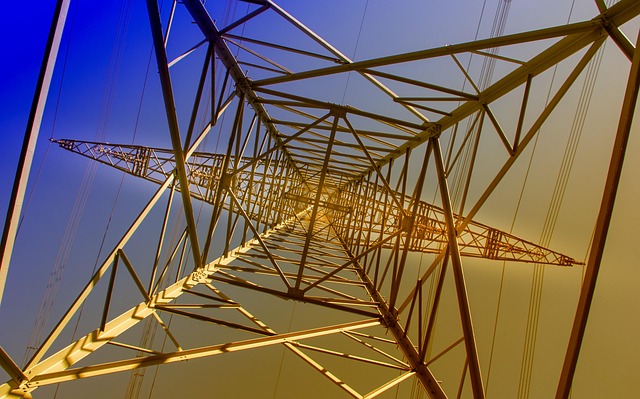The concept of stranded assets has emerged as a critical and urgent topic in discussions around climate change and its impacts on our environment. Stranded assets refer to investments that have lost future economic value due to changes in market conditions, regulations, or shifts in societal behavior, particularly in the context of transitioning toward a more sustainable economy. As the climate crisis intensifies, many fossil fuel reserves, coal mines, and even certain real estate properties are at risk of becoming stranded, leading to significant economic and environmental consequences.
The environmental ramifications of stranded assets cannot be understated. As countries commit to reducing their carbon emissions to mitigate climate change, the demand for fossil fuels is projected to decline. This transition is a necessary step towards reducing greenhouse gas emissions, yet it leaves a trail of stranded assets in its wake. These assets, once valued for their potential, now represent wasted resources and economic losses, and they pose a risk to our environment. The physical manifestations of these losses are not just economic; they include abandoned facilities, environmental degradation, and liabilities that communities must manage in the aftermath.
Fossil fuel companies and investors face the harsh reality that a significant portion of their assets may never be extracted or utilized, which has profound implications for climate policies. As nations work towards ambitious targets for emission reductions, the financial stability of these industries becomes precarious. The impacts extend beyond corporate balance sheets; they affect local economies, job markets, and the overall health of communities that depend on these industries. The communities, often already vulnerable, are left to deal with the socio-economic fallout of such stranded investments.
Climate change activists argue that the awareness of stranded assets can drive a more informed public discourse on the urgency of transitioning away from fossil fuels. By highlighting the risks and implications associated with these assets, society can begin to shift its focus towards renewable energy solutions, thereby encouraging investments in sustainable alternatives. Renewable energy sources like solar, wind, and hydroelectric power are not only viable options but are also increasingly economically attractive compared to fossil fuels, especially as technology improves and scales up.
Transitioning to more sustainable practices is not solely an economic challenge; it’s a moral imperative. We have an ethical obligation to the planet and future generations to address climate change and work towards reducing emissions. Recognizing and addressing the issue of stranded assets empowers communities to advocate for cleaner and safer environmental practices while holding corporations accountable for their investments. As more people become aware of stranded assets, the conversation shifts towards not what we stand to lose, but what we can gain by investing in a sustainable future.
Ultimately, the impact of stranded assets reflects a broader narrative about the direction we choose as a society. It challenges us to rethink our relationship with nature, our economy, and our energy sources. Addressing stranded assets isn’t solely about mitigating financial loss; it is about seizing an opportunity for growth, innovation, and resilience in the face of climate change. By fostering a sense of urgency around this issue, we can redefine our collective path toward a more sustainable world, paving the way for future generations to inherit a thriving planet.




